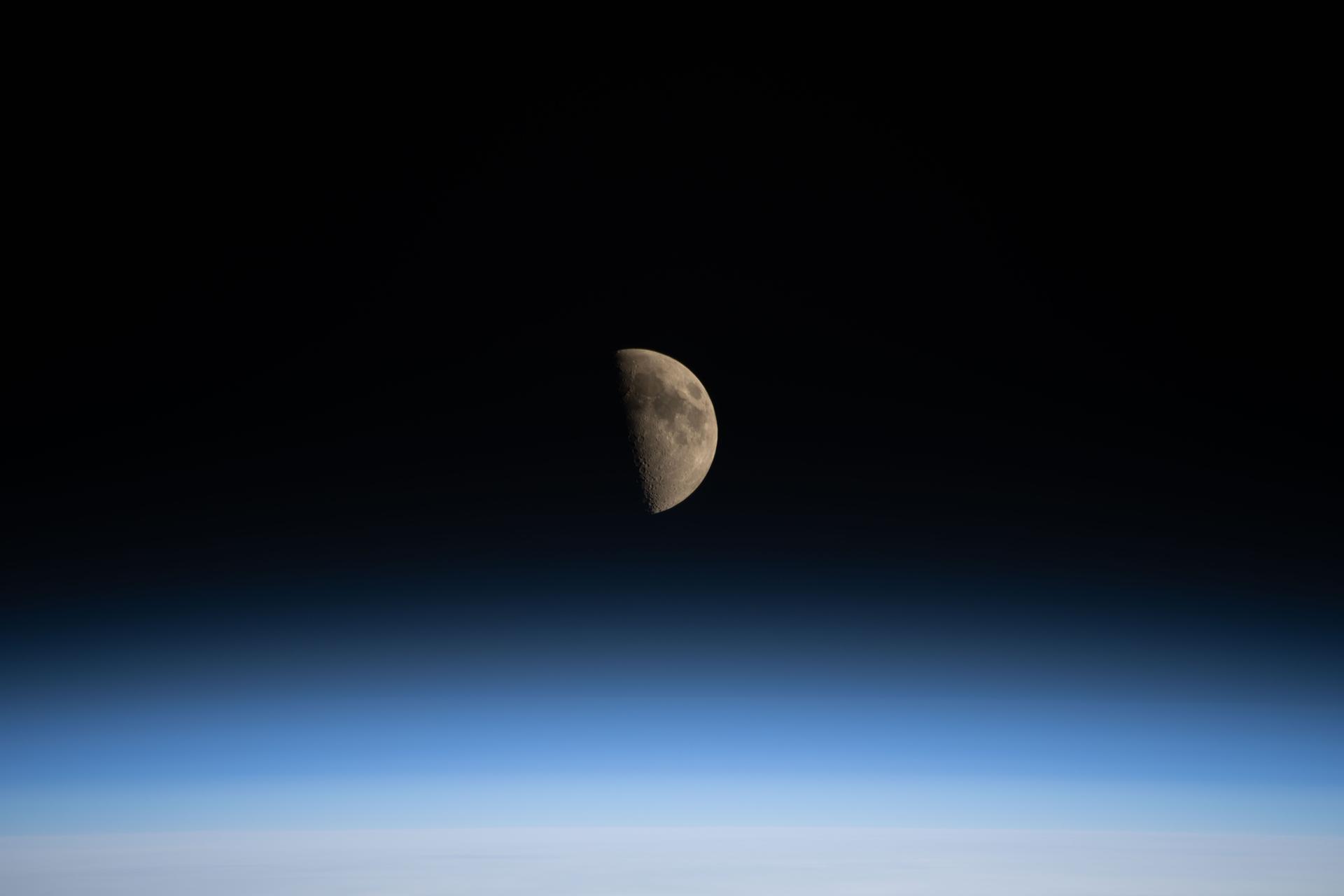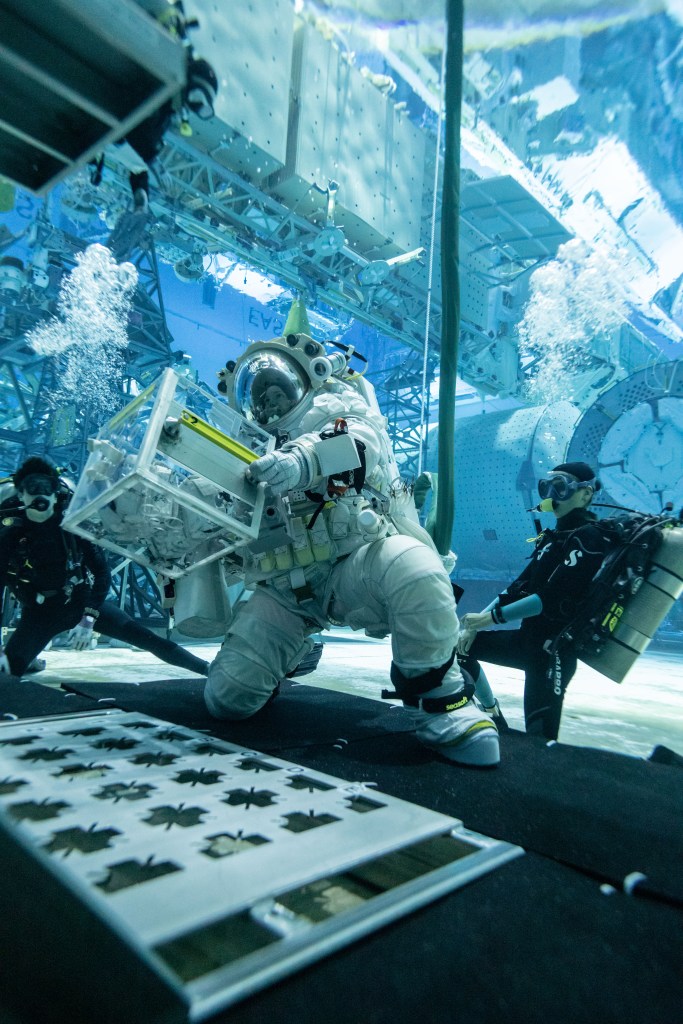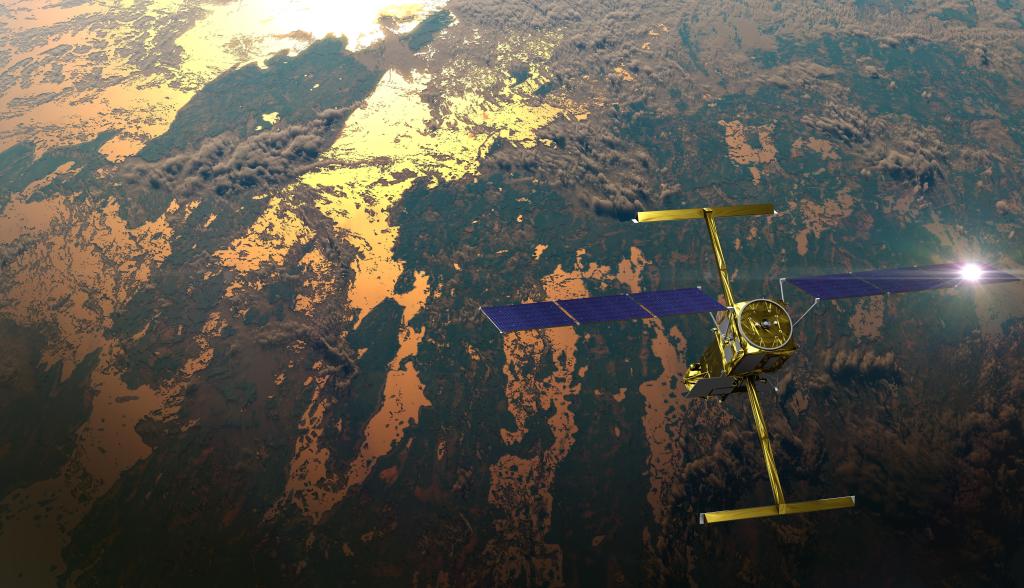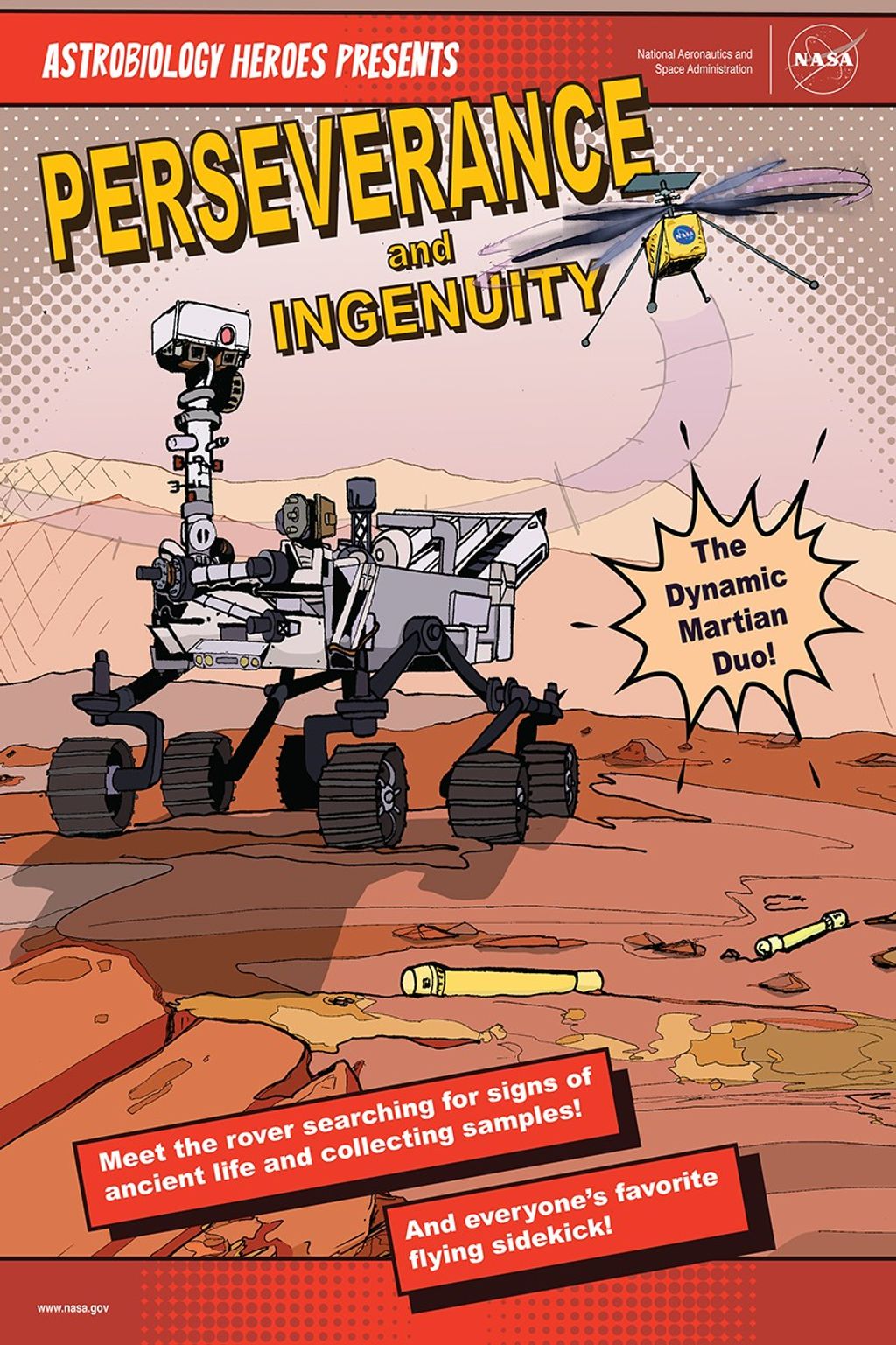
NASA Administrator Charles Bolden and Italian Space Agency (ASI) President Professor Roberto Battiston have signed an agreement to broaden the two agencies’ cooperative activities in understanding the Earth system and how it is responding to human-induced changes, climate change and natural hazards.
Bolden said, “NASA and ASI have enjoyed longstanding cooperation in space and Earth science, and we look forward to continuing that tradition under this new agreement.”
The agreement establishes cooperation in Earth observation research activities related to environmental monitoring and hazards, disaster management, and other areas, through sharing and joint analysis of data from ASI and NASA missions.
In particular the two space agencies will pursue their cooperation by providing NASA with access to data from Italy’s constellation of satellites known as COSMO-SkyMed for selected research projects. The two agencies also will define specific joint research projects.
COSMO-SkyMed is a four-spacecraft constellation launched between 2007 and 2010 by ASI. Each of the four satellites is equipped with a synthetic aperture radar instrument, which can make surface observations through cloud cover at high resolution.
NASA uses the vantage point of space to increase our understanding of our home planet, improve lives, and safeguard our future. NASA develops new ways to observe and study Earth’s interconnected natural systems with long-term data records. The agency freely shares this unique knowledge and works with institutions around the world to gain new insights into how our planet is changing.





















